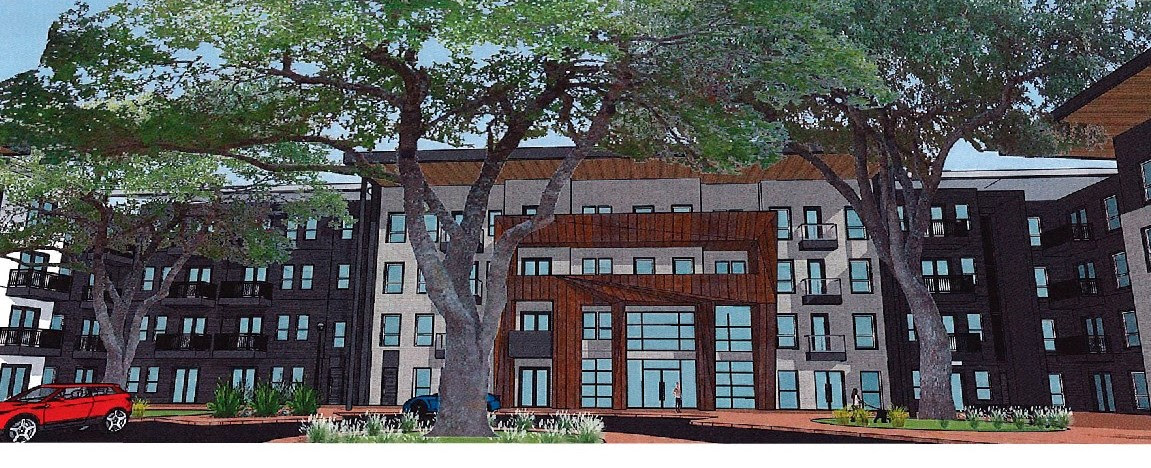


Homebuyers enjoyed a bit of a reprieve from low supply and sky-high home prices in the first part of this year, but experts say the seller’s market has begun to resurge. Many Americans would rather rent than face low return on investment for overpriced properties or the stress of bidding wars.
Housing Supply Trending Down
Experts report a downward trend in the number of home listings that mirrors the significant supply shortage of 2017 and 2018. That shortage led to bidding wars and significantly inflated home prices in many markets.
Economists reported that housing supply hit its historical low point during that period and that this year’s dip could come close to repeating that low.
According to CNBC
“Inventory gains began to slow this year from 6.4% growth in January to 5.8% in February. Gains continued to slow throughout the spring and supply is now expected to flatten over the next three months and could hit its first decline in October of this year.”
In an interesting side note, economists also expect to see the biggest impact in smaller, more affordable markets. Residents in those markets have shown more reticence about selling, which will continue to result in a supply lag. Bigger, more expensive markets like Seattle and Boston will likely post more for-sale listings.
In addition, older adults have chosen to age in place, which has contributed to the supply shortage.
Housingwire reported on a Freddie Mac survey that revealed that:
… “Seniors born after 1931 are staying in their homes longer than previous generations, shutting many first-time buyers, who happen to Millennials, out of the market. In fact, the study indicates that seniors held 1.6 million houses back from the market in 2018 – responsible for a significant portion of the 2.5 million shortage in housing units that has impacted the market.”
When faced with the cost-benefit analysis of buying a home, many Americans have determined it’s not worth the risk or the steep investment.
As home supply dwindles and prices soar, demand for rental property has increased 11 percent in the second quarter of this year. Even with a 3 percent nationwide increase in rent prices, the vast majority of renters say renting is a better financial decision.
According to CNBC:
“a record 82% of renters say renting is more affordable than owning (Freddie Mac Survey), up from 67% just a year ago.”
That perception applies to first-time buyers in the millennial and GenX age range, but many older adults have felt the effects of rising home prices as well.
According to David Brickman, CEO of Freddie Mac:
“Affordability remains the essential factor when it comes to determining whether to rent or purchase a home, and the cost of housing is having a significant impact on households of every age, size and location. For millennials and many Gen Xers, buying a home is no longer just a decision based on housing and housing costs — increasing pressure from student loans and the rising cost of child care are having a significant impact.”
Rent prices in Atlanta increased 4.7 percent in the second quarter, which reflects a strong demand for apartments in the metro area. The city’s rent increase ranked behind only Pheonix and Las Vegas, which posted 8.1 and 8.8 percent, respectively.
RealPage’s Chief Economist Greg Willett noted that fewer household formations are “going to single-family homes by historical standards, so a lot of it is staying in the rental market.”
What’s more, as young adults from Generation Z (born in the late 90s and early 2000s) begin to form new households, apartment demand should continue to hold steady.
Final Thoughts
The latest trends continue a theme from the past several years:
Homeownership is no longer the default for many Americans. As some delay buying a home, others have opted out of the ownership aspiration altogether. A number of factors have contributed to this significant societal shift, and we expect rental demand to remain strong in the Southeast and other markets for years to come.
PointOne Holdings is a vehicle for investors to directly own income-producing real estate and benefit from all the advantages of ownership without the burden or risk of hands-on management. The firm’s targeted acquisition strategy, focused asset management style and attention to detail result in cumulative investor returns targeted at 12 to 15 percent annually. Returns are composed of annual operating cash flow including quarterly distributions, plus proceeds from the sale or refinance of assets. Along with the quarterly distributions, PointOne Holdings provides sophisticated reports and statements to its investors, including financial and operating information. PointOne Holdings’ principals invest in all its deals and are directly involved on a day-to-day basis, executing the firm’s vision with a methodical, entrepreneurial, and owner/operator approach.